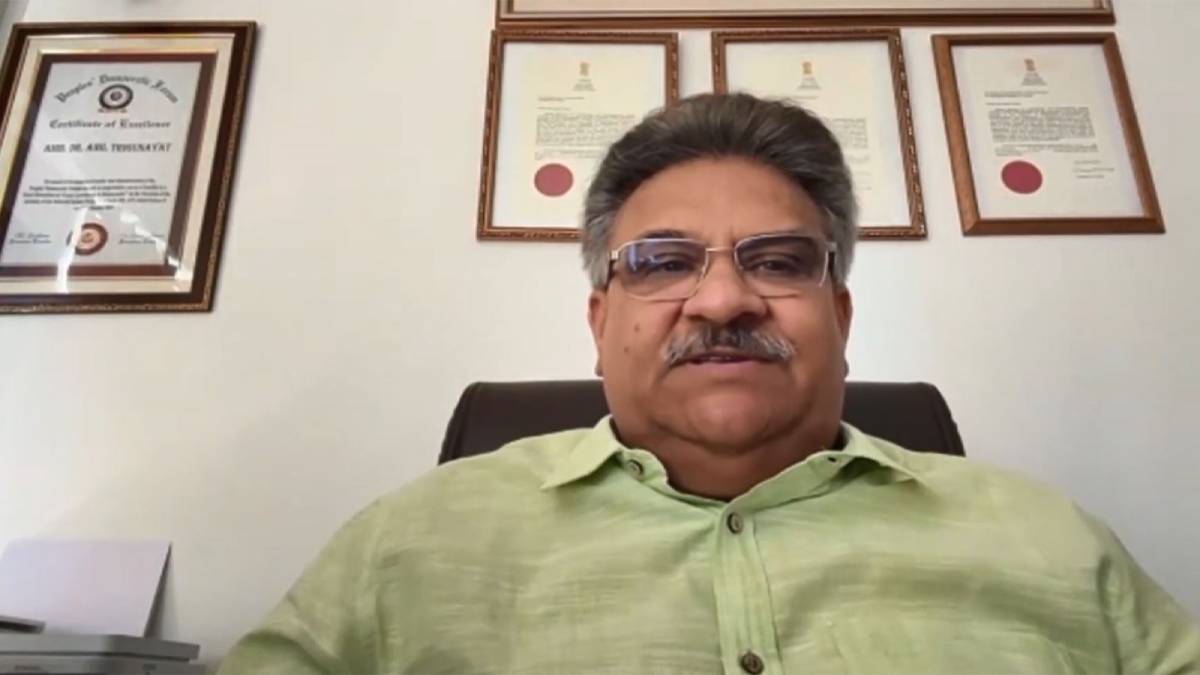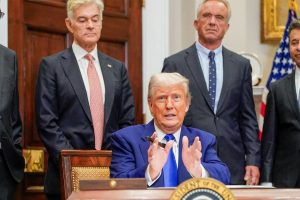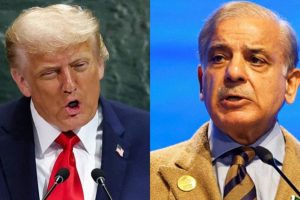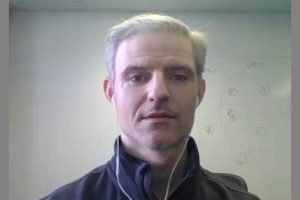Former Indian diplomat Anil Trigunayat criticised U.S. President Donald Trump’s proclamation imposing a USD 100,000 annual fee on H-1B visas, calling it a “regressive step” that could directly affect India, the largest user of the visa programme, and restrict the global supply of skilled talent.
“This is a regressive step in my view. India is the country that provides a large portion of talent, so this move will directly impact us,” Trigunayat said. He added that the fee aligns with Trump’s political messaging, particularly appealing to his MAGA constituency, while creating additional hurdles for visa applicants, including ordinary visas.
The former diplomat noted that the decision seems aimed at raising revenue from industry at the expense of U.S. competitiveness. “By imposing USD 100,000 per H-1B visa and USD 2 million for corporate Gold Cards, India—being the largest user—will be directly affected. This may even push companies to opt for remote work instead of sending employees to the U.S.,” he explained.
On trade ties, Trigunayat said Trump recognised the importance of ongoing negotiations despite imposing tariffs on India, including a 25% levy on discounted Russian crude imports. He noted India remains open to dialogue and values its strategic partnership with the U.S.
“India follows a policy of multi-alignment with strategic autonomy, cultivating partnerships across BRICS, SQUAD, and various trade agreements. We do not accept unilateral sanctions unless authorised by the United Nations,” he added, highlighting India’s diplomatic approach in navigating global challenges.





